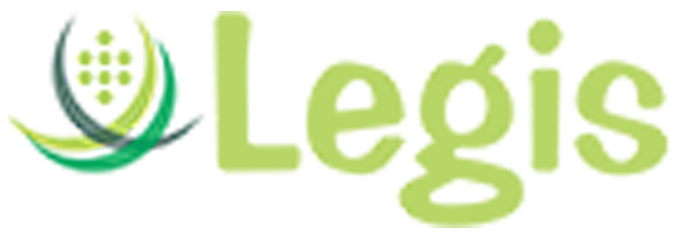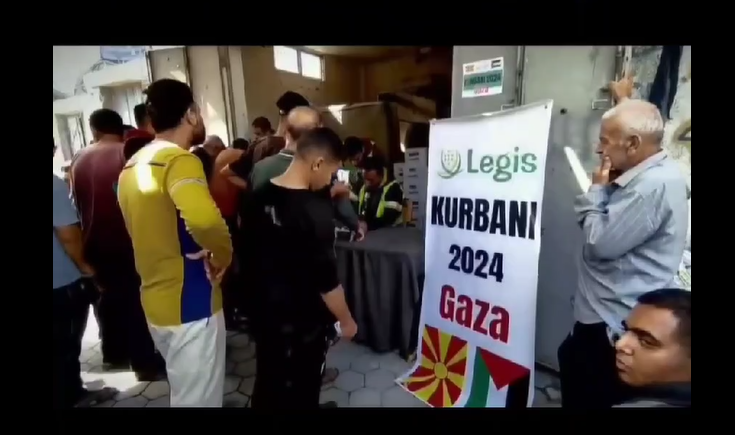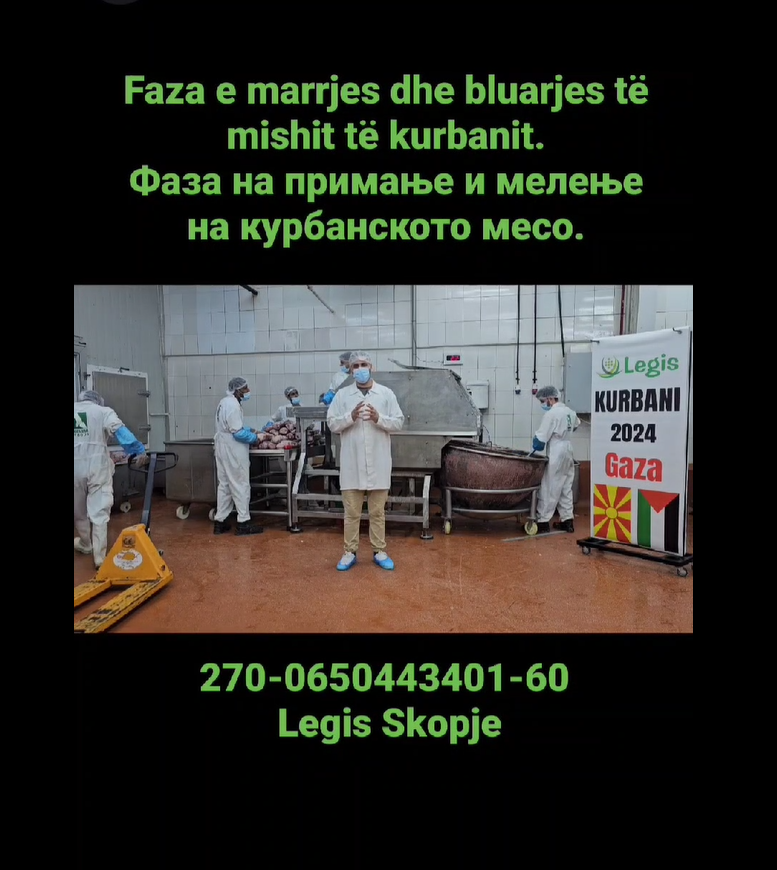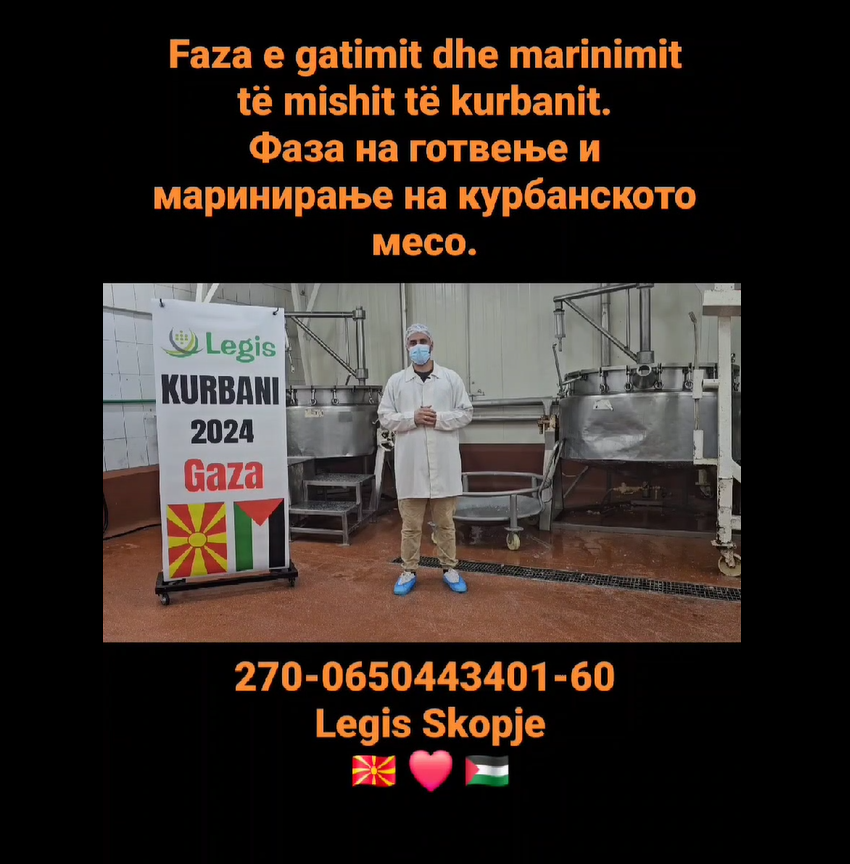My name is Tarek, I’m from Damascus and I’m 36 years old. I have a masters in graphic design and visual communication.
Migration in (out of) Context – My Story
My name is Tarek, I’m from Damascus and I’m 36 years old. I have a masters in graphic design and visual communication.
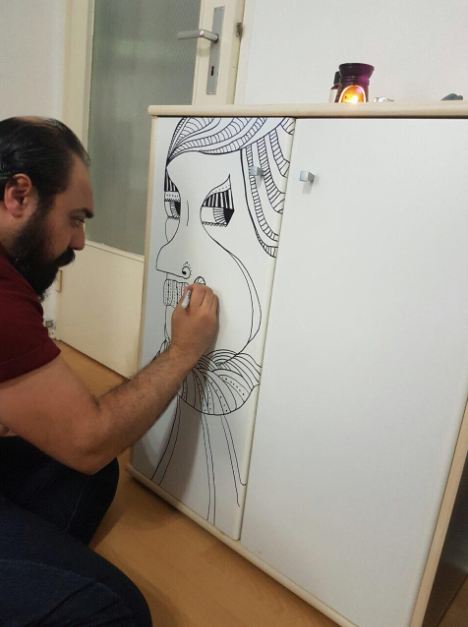
.
While I was living in Syria, I used to teach at the Faculty of Fine Arts and I also used to work at the International Agency for Advertising. In Damascus, I lived with my family in the old town, in one of the oldest houses there – our house had 23 rooms and a 600m2 yard with a beautiful fountain. There were a lot of foreigners living in or visiting Damascus from different countries, such as the UK, US, Canada etc., for diverse reasons – some to study or to work, and others just for tourism. Many of these internationals were curious about and even coming to see our house, because as I mentioned, it was among the oldest houses in the old town and thus very interesting for sightseeing. I really miss the old town in Damascus. If you ever visit it, you will leave a piece of your heart there. You will definitely fall in love with that area.
In Syria, I was volunteering with the Christian Red Cross for many years (11 years in total), so when the war started I was a volunteer on the ground with the Christian Red Cross helping injured civilians. Although, honestly, I am very critical of NGOs in Syria, there are too many NGOs, but they are doing nothing on the ground. And most are controlled by the regime. The NGOs organized so many parties and festivities, but if there was an explosion, they were nowhere to be found to help civilians. The Christian Red Cross was one of the only organizations active on the ground and I was involved with them because I wanted to do humanitarian work and help. Even though I was born Christian, it’s not that I was volunteering because I was religious or anything, I’m an atheist actually; I volunteered just because I wanted to do humanitarian work, it was my calling. But the last 3 years of volunteering were the most difficult ones due to the war. We were given an assignment to evacuate 7 civilian families that were injured. Everything was legal, we had official authorization form the government and the army. We managed to evacuate the families together with the other volunteers, but when we reached the hospital, there was an ambush. Someone had reported that we were working against the regime. But we weren’t pro or against any party, we were only involved as humanitarian volunteers in the Christian Red Cross. And that was it, just a simple report by anyone was enough to send anyone to jail.
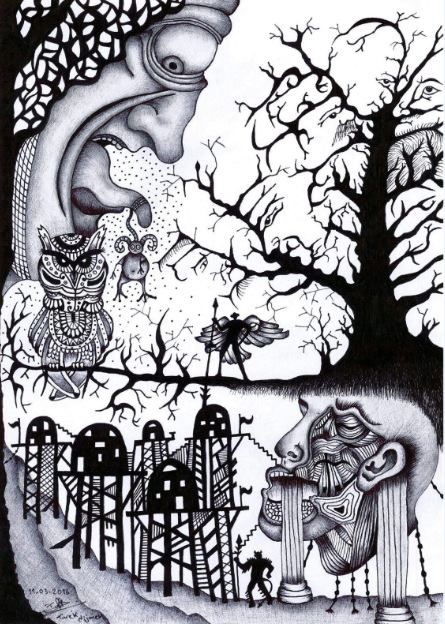
.
I thus spent 4 and a half months in jail. We were 114 people in a tiny 40m2 cell. It was so terribly crowded, that when we used to sleep we had to take turns every 20 minutes because there wasn’t any space. So while some were sleeping on the floor for 20 minutes, the rest of us had to stand because there was simply no space for all to lie down at the same time….The conditions were dreadful. We caught all sorts of infections and diseases, we caught scabs and due to the lack of oxygen, many caught lung infections…I lost 18 kilos while I was there. I couldn’t even drink water, I used to vomit just from drinking water.
In prison, beating and torture were like “good morning” and “good night”. There was no shortage of that. The conditions and life there were so terrible that every single day some 4, 5 people died. The guards always kept the corpses in the prison cell for a few days on purpose. When we would ask them to take care of the dead people, they would answer: “Wait, they are not smelly enough”. It was a torture mechanism.
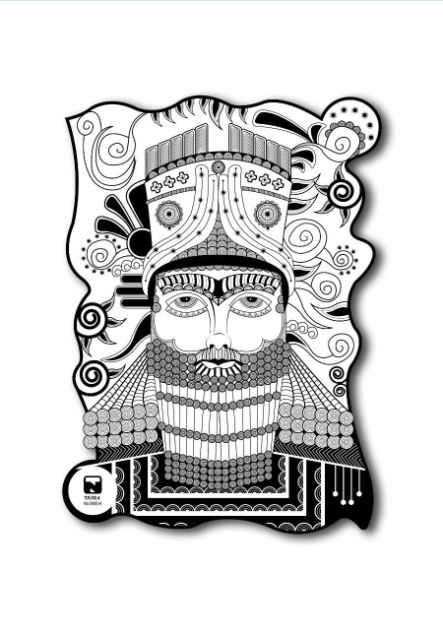
.
When they released me, I decided to leave Syria. That is how my journey began. I would have stayed in Turkey or Greece, I managed to integrate well in these two countries also. But the problem is the social system there. In Turkey and Greece, if you don’t have enough money, you cannot go to a doctor. If you don’t have money, you will starve. There is no social system taking care of you. But in Germany, you have healthcare and you won’t starve even if you are earning little money at your work. This is one of the main reasons why I decided to seek refuge in Germany. Even though to be honest, I am very independent and I do not depend on my family or the state, but as part of my family were already in Germany as refugees, it was partly why I decided to go to Germany also. And this damn thing – the passport – that had a big influence on my decision-making, as well. It is ironic that if you have an EU passport, you can go almost anywhere. But with a Syrian passport, things are different. As previously explained, part of my family went to Germany before me, I was still living in Syria at that point. I applied 3 times at the German embassy in Syria to get a visa legally, to see my brother, just to visit him…I was rejected 3 times…
During my journey, in 2015 I passed through Macedonia as well. While my group and I were going though Macedonia, we had to walk on foot because public transport was not a legal option for refugees back then. I remember in one village, my group and I got tired and we wanted to have some rest on a field. But a farmer came and he was scared and angry, he told us to get out of there. Fortunately, I speak English well so I explained to him that we were just passing and we weren’t looking for trouble, that we just wanted to rest briefly because we were so tired of all the walking. He calmed down and even brought us melons the next day. We offered him money to pay for the melons, but he didn’t want to accept it. It was a nice gesture on his part.
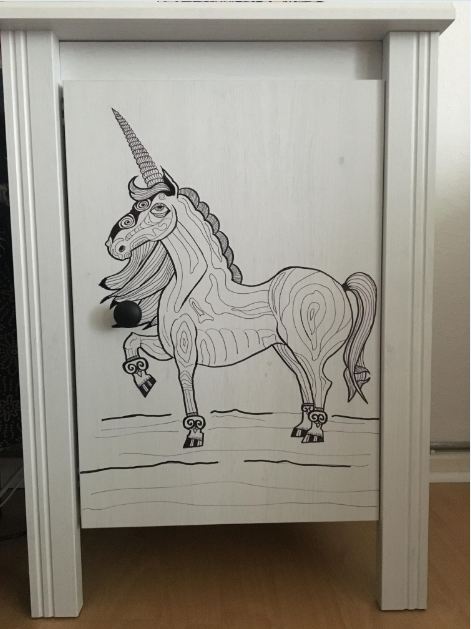
.
I now live in Berlin and have a refugee status here. I work as a graphic designer and I managed to integrate well. I have many international friends here, most of them are Germans. But it was not all smooth sailing. I applied 72 times to 72 different companies before getting a job. Although, as I said, I am very independent and didn’t depend on anyone – since the day I arrived, I started doing internships. After 7 months of practice and internship, I found a job.
I still paint, I love art. My favorite artist is Salvador Dali and as you can see, I also add a surrealist touch to my artwork. There are many things that inspire me to create art, such as misery, happiness, love, culture (Syrian mythology), animals etc. I also always add a piece of “me” in my art. Sometimes, there are atheist elements in my art, as well, because in my opinion, the way religion has been used for money and greed is related to causing wars. So in a way, I try to fight against the factors that cause wars through my art.
This project was implemented by Legis with the support of the Capacity development for Selected actors working with asylum seekers in Serbia and Macedonia. The Capacity development for Selected actors working with asylum seekers in Serbia and Macedonia was established by the German Federal Ministry for Economic Cooperation and Development (BMZ) and is managed by the Deutsche Gesellschaft für Internationale Zusammenarbeit (GIZ) GmbH.
The content of this publication does not necessarily reflect the views of the Deutsche Gesellschaft für Internationale Zusammmenarbeit (GIZ) GMBH.

